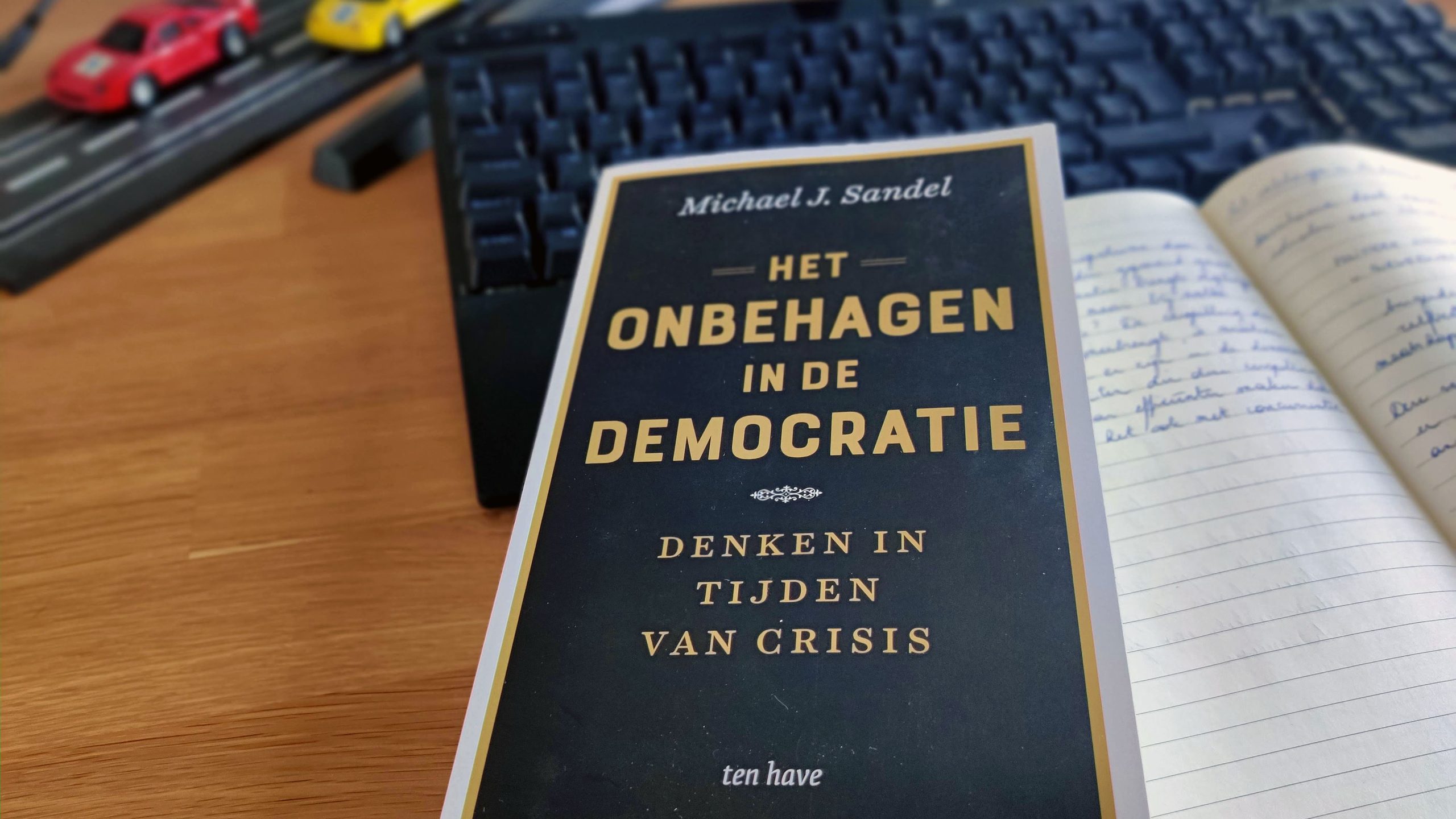Democracy’s Discontent: A New Edition for Our Perilous Times is an updated version of the 1996 classic by political philosopher Michael J. Sandel on the American political tradition. The original book was written at the end of the Cold War, a period when America’s view on liberal democracy had triumphed over other political systems like communism, so much so that Francis Fukuyama famously declared “the end of history”.
However, while Fukuyama believed the universalization of the Western liberal democratic system of government was all but inevitable, Sandel argued that many core tenets of our liberal and capitalist society were eroding the democratic form of government on which they relied. In this updated edition, Sandel revisits these themes and argues from a communitarian perspective why capitalism and democracy have failed us since the 1990s.
Sandel’s communitarian viewpoint in Democracy’s Discontent can be succinctly summarized by Aristotle’s belief that politics is not only for the sake of easing commerce and exchange, but also for the sake of the good life. Sandel’s argument, then, centers on the idea that American politics over time lost the equilibrium between expanding industry and capitalist power on the one hand and the principles of citizenship and freedom on the other.
America’s politics shifted from a political economy of citizenship based on civic virtue, self-government, and community, to a political economy of distributive justice, which prioritizes a neutral state, economic growth above all else, and procedural decision-making methods. This transformation was gradual, commencing in the 20th century, notably with the adoption of Keynesian economics following the 1929 financial crash.
With the triumph of fiscal policy, the political economy of citizenship gave way to the political economy of growth and distributive justice.
Michael J. Sandel
The concept of a neutral state focused on economic growth was taken to its extremes by the Reagan-Thatcher tandem, marked by a neo-liberal emphasis on globalization, financialization, and meritocracy at the heart of their policy agenda. Additionally, Sandel effectively argues that the Democratic Clinton and Obama administrations continued to rely on fiscal policies aimed at economic growth and distributive justice rather than a politics based on citizenship and self-reliance.
According to Sandel, this excessive reliance on distributive justice led to more individual freedom but also to a decreased capacity for self-government. Consequently, local communities and the national community suffered, leading to civic estrangement and the rise populism, ultimately culminating in the election of Trump in 2017. Trump successfully mobilized the public against the elites, inequality, and unaccountable economic power while combining these concerns with a nativist and racist rhetoric.
In this light, Democracy’s Discontent demonstrates convincingly that liberty is not solely about freedom from government through a neutral and procedural state focused on economic welfare and redistribution. Instead, it emphasizes the importance of a people’s capacity for self-government. Recent decades have illustrated that distributive justice is not a sufficient condition for a democratic system of government because it lacks civic virtue and self-determination, which are necessary requirements to make the practice of freedom possible.

Leave a Reply